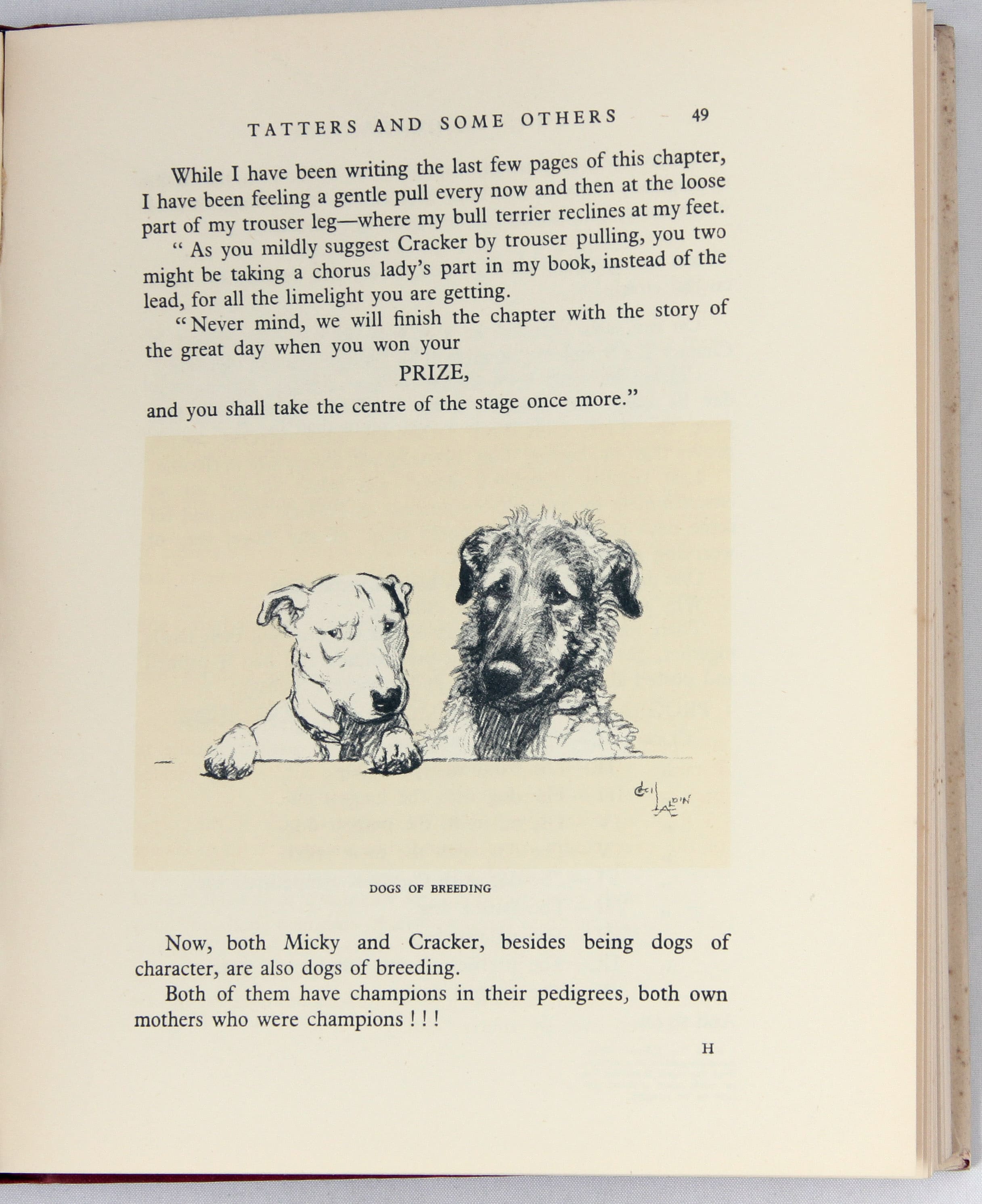
More accurately, the Confederation of Colonies is at war. The year is 3014, and humanity is still at war. Personally, I'm a sucker for a good space opera, so I couldn't resist when offered to read and review this gem! If you love space operas, expansive universes, and high stakes, then you should pick up Third Contact by Peter J. Humanity’s neighbors have extended an invitation. With the confirmation that aliens are building their own space-faring civilization 260 lightyears away, the human race’s petty brawling seems suddenly insignificant. The crew of the starship Assured are in the midst of fighting the final pocket of pirate resistance on the verges of human-explored space when the battle is interrupted by a deep space transmission from a long-lost probe. In the year 3014, the fledgling Confederation of Colonies must overcome one last barrier to unity: the centuries-old scourge of the pirate factions. Now a message from one of them offers bright hope … or will it lead to a new darkness? They were never heard from again.Īs humanity’s star-colonies struggle to emerge from a long dark age, the probes are all but forgotten. Translated for the first time in English by Yahya Haidar, this book demonstrates how the scholarly academic study of religion in the West, often described as 'Orientalist', came to influence and help shape a counter-discourse from one of the leading Arab Muslim scholars of his time.900 years ago, we launched the probes, hoping to find the light of intelligence in the vast dark.

While ultimately adapted to an Islamic paradigm, the book is a novel attempt to construct a grand narrative about the large methodological issues of Religious Studies and the History of Religions and in relation to modernity and secularism.


Written as an introductory textbook for a course in the "History of Religions" at King Fuad I University in Cairo-the first of its kind offered at an Egyptian institution of higher learning-this book presents a critical overview of classical approaches to the scholarly study of religion. Originally published in 1952, al-Din, by prominent Egyptian scholar Muhammad Abdullah Draz (1894–1958), has been critically acclaimed as one of the most influential Arab Muslim studies of universal 'religion' and forms of religiosity in modern times.


 0 kommentar(er)
0 kommentar(er)
